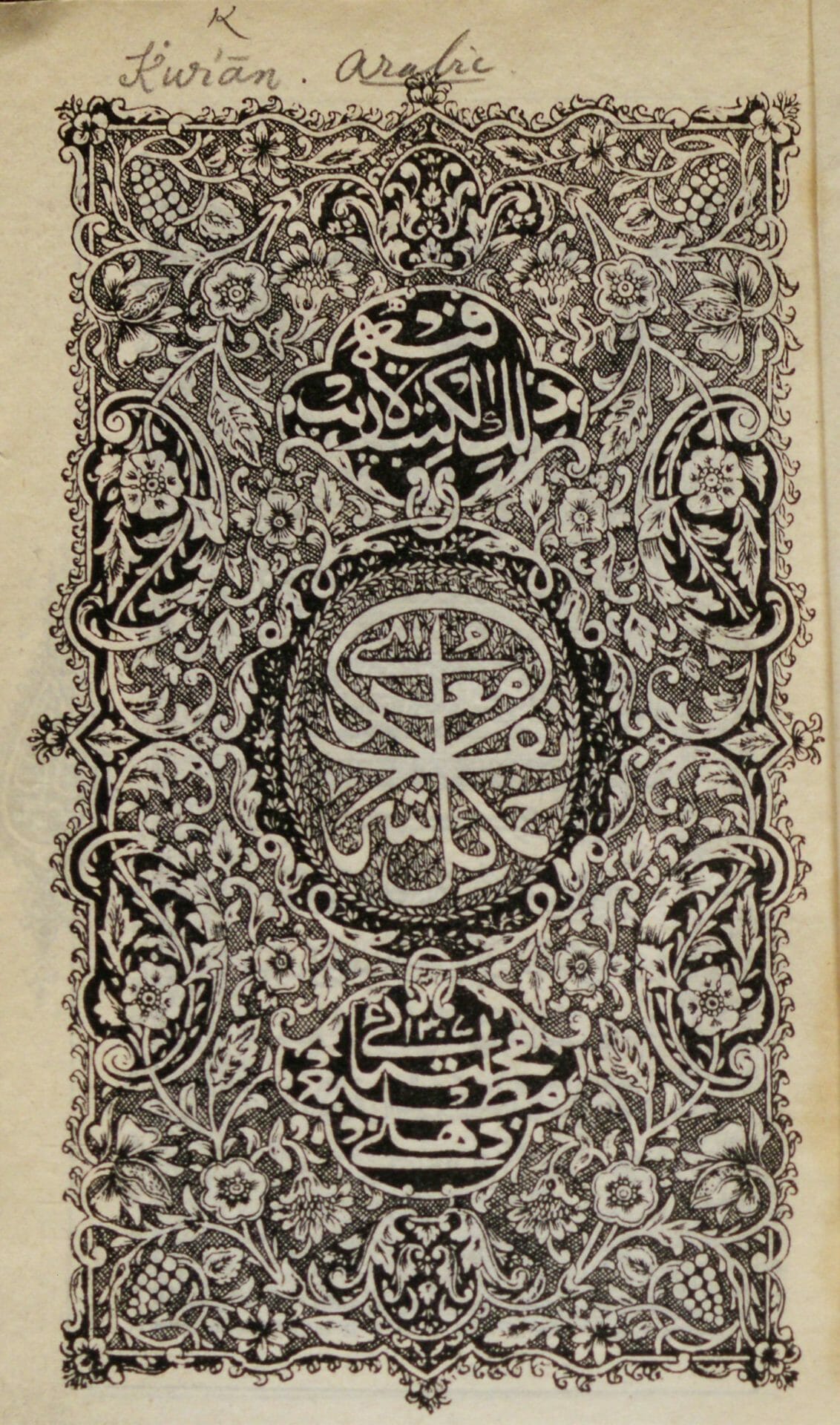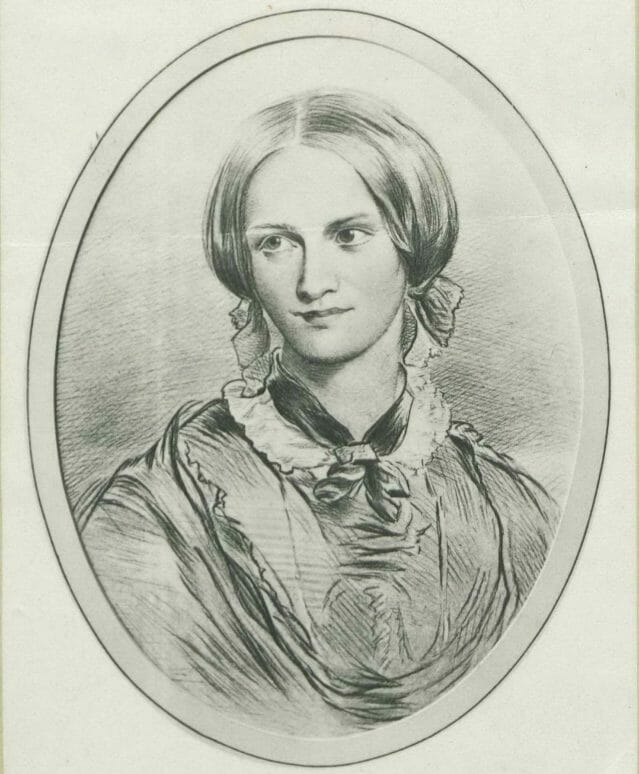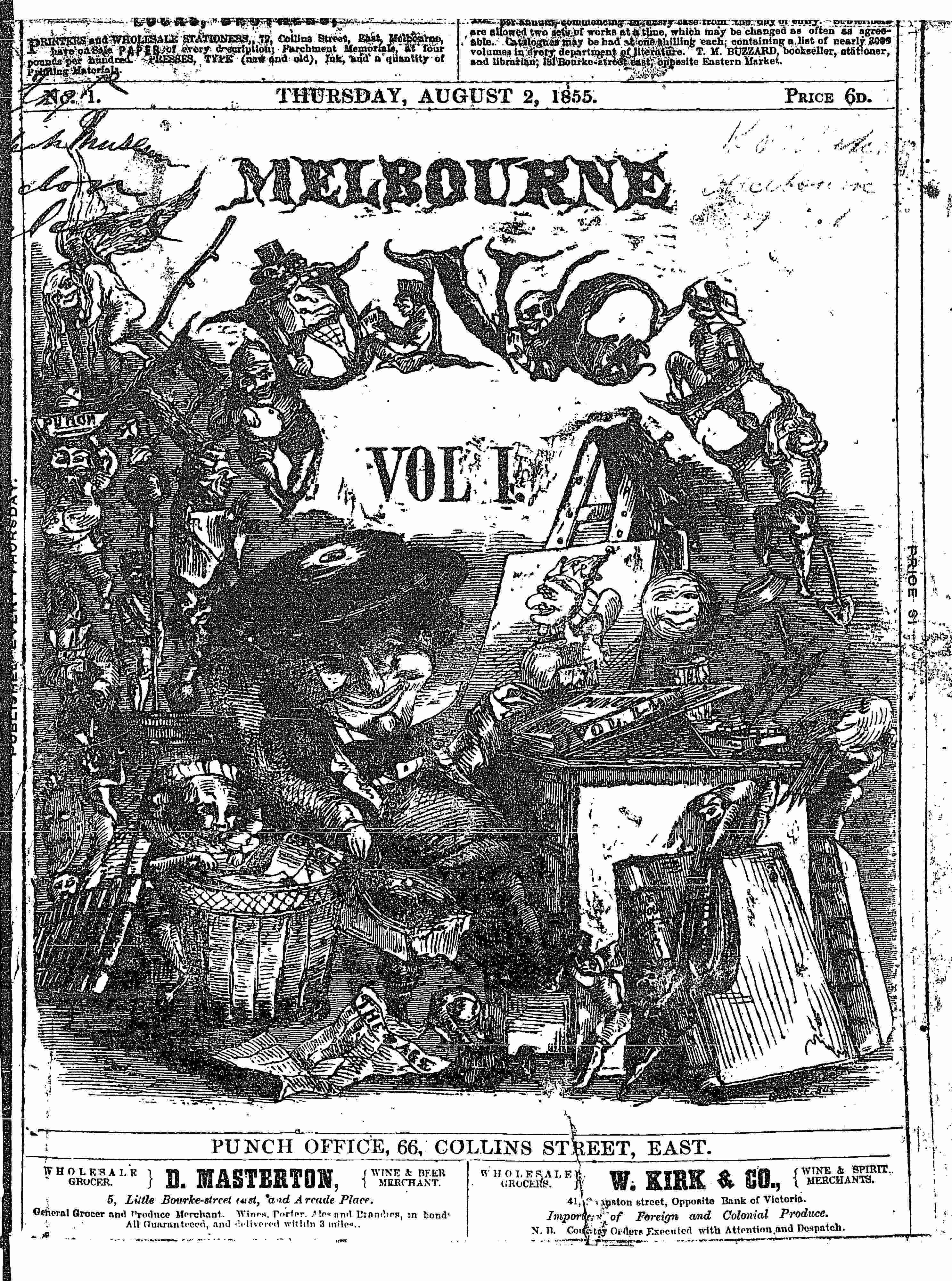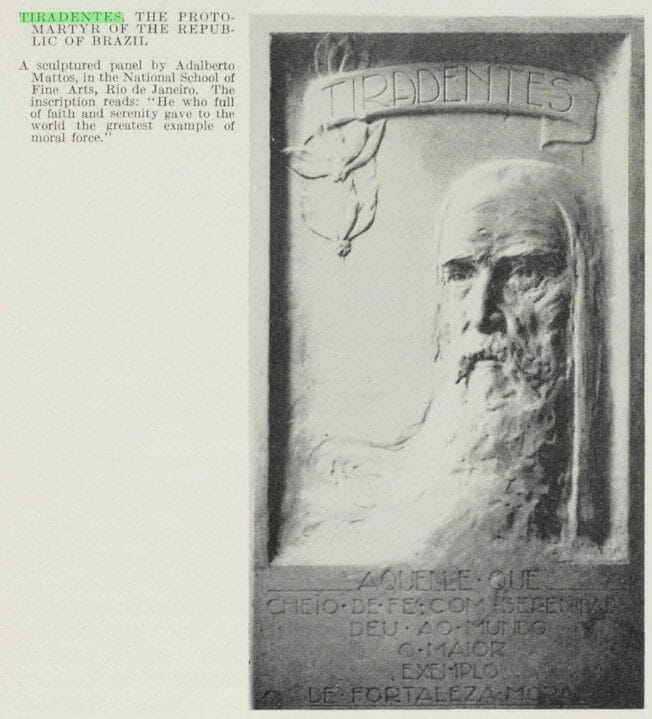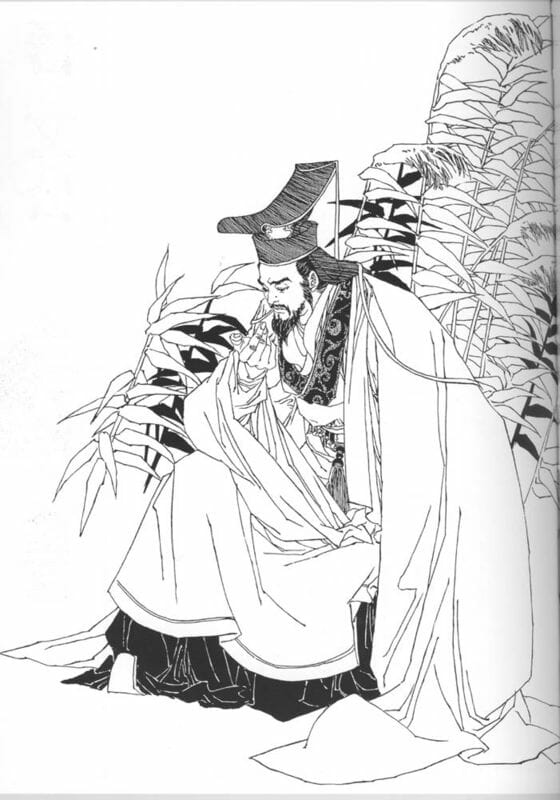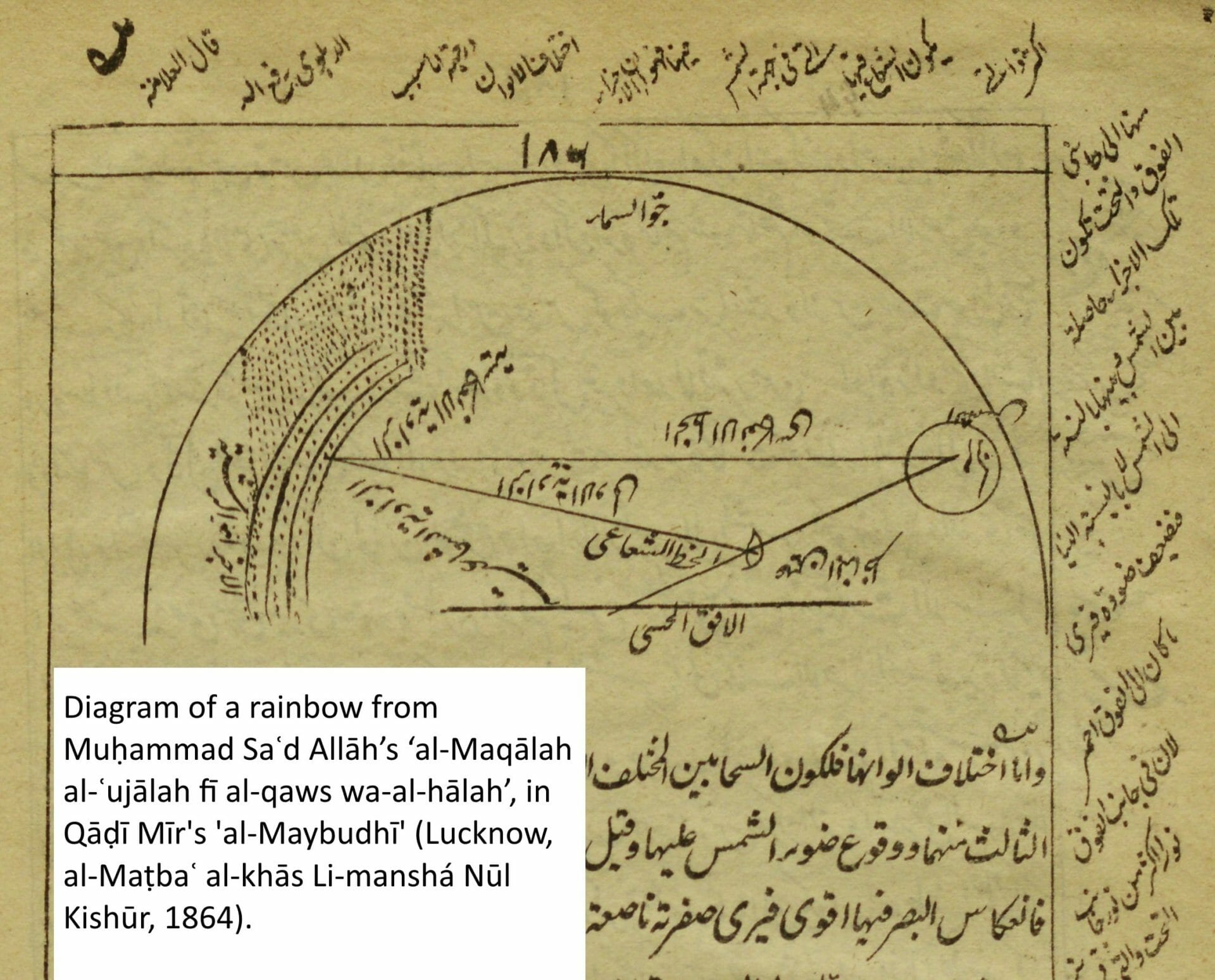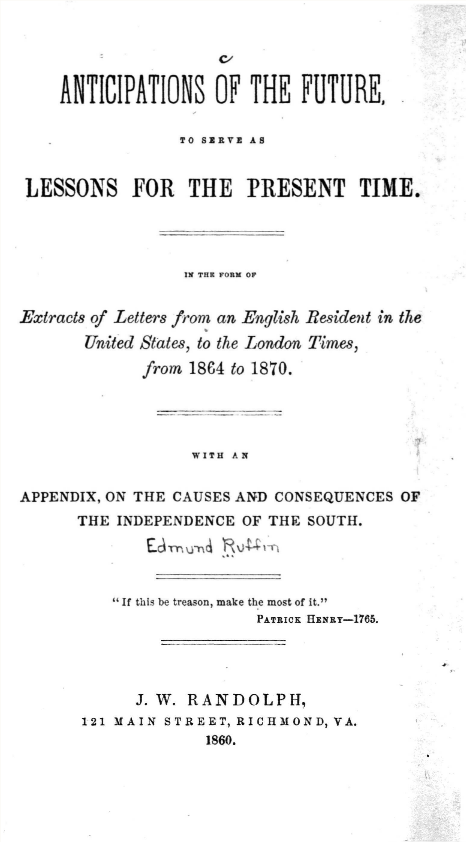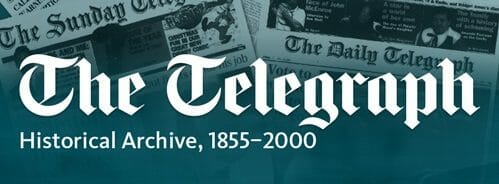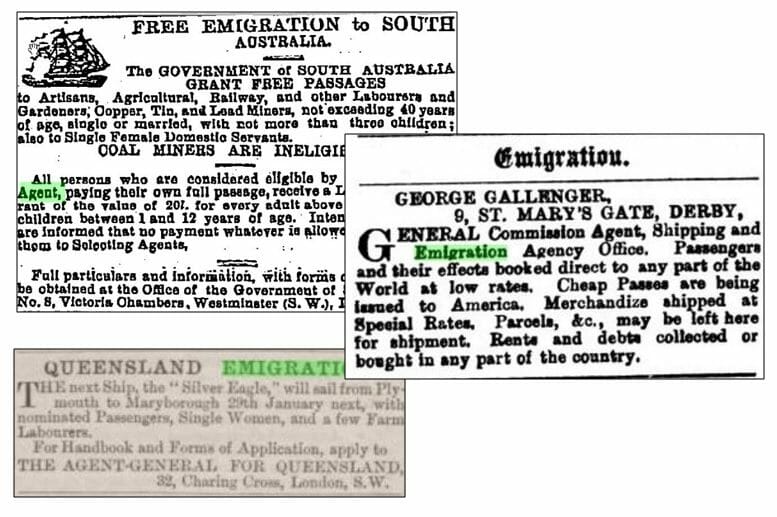With The Telegraph Historical Archive, 1855-2000 launching March 2016, we will be bringing you a series of essays from scholars featuring research case studies, enlightening biographies of key Telegraph figures, and more.
Dr James Nye is a Visiting Research Fellow at the Institute of Contemporary British History at King’s College London. His research focuses on the corrupt, scandalous reputation – deserved, or perhaps not – of the company promoter in the first few decades of the 20th century. In this, newspaper records are, of course, invaluable; specifically, the use of multiple newspapers, as ‘each journalist might record something different – a composite picture is reasonably likely to be much better than one that relies solely on The Times, however much it might be regarded as the principal paper of record’[1] .
Read more


